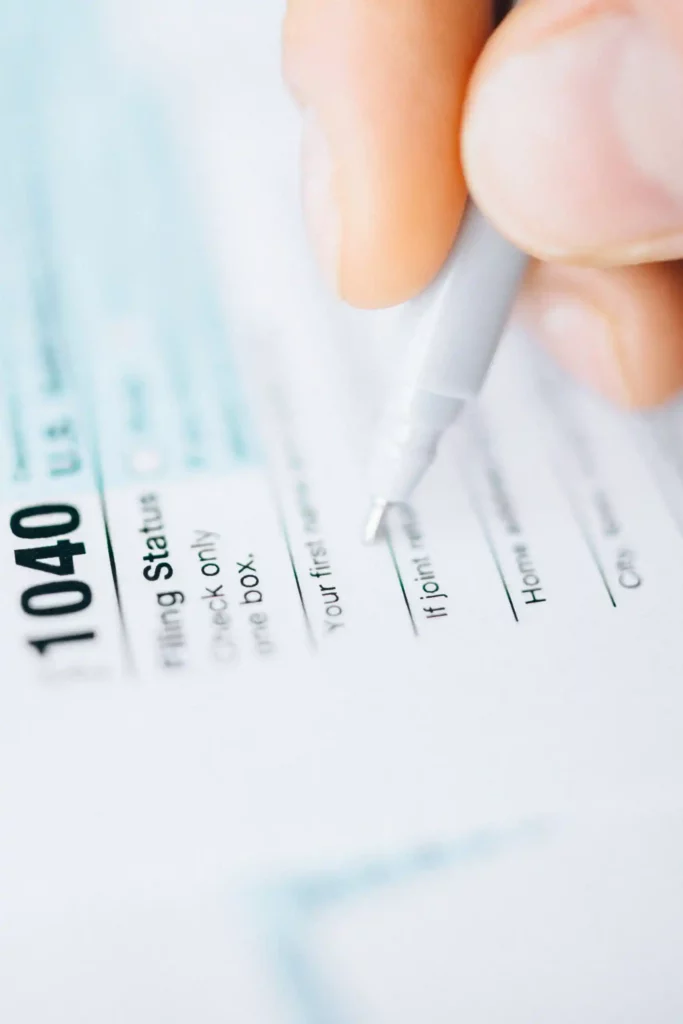You may think that this is a bit of a silly question and that the obvious answer is ‘No-one – that’s why they were unsuccessful!’
However – a study at Massachusetts Institute of Technology published in 2015 showed that the same group of consumers has an outstanding tendency to purchase all kinds of failed products, time after time. The study calls the people in this group “harbingers of failure”.
Apparently, if you’re the kind of person who bought something that really didn’t make much of a hit with the market, for example coffee-flavoured Coca-Cola (!), then you’re also more likely to buy a type of toothpaste or laundry detergent that fails to resonate with the market. So although most suppliers would think that lots of people buying a new product means you’ve got it right – not if these eager beavers are the harbingers of failure!
The research on which this study was based was two large data sets from a large chain of convenience stores across the USA. In all, the researchers examined 77,744 customers who purchased 8,809 new products between 2003 and 2005, and then tracked the aggregate data longer to see how well those products fared. A failed product was defined as one withdrawn less than three years after its introduction (only about 40 percent of the new products survived that long). A key area was the consumers whose purchases fail at least 50 percent of the time. It was found that where the percentage of total sales of a product accounted for by these consumers increases from 25 to 50 percent, the probability of success for that product decreases by 31 percent. Worse still – when the harbingers buy a product at least three times, the probability of success for that product drops 56 percent.
So what makes these people so prone to buying products that are doomed to fail? Having ruled out tiredness or inattentiveness, the researchers suggest that it may be a ‘preference for risk’. Many of the products that failed would produce the reaction (in most of us) of ‘who on earth would want to buy that?’ So it could be that buyers who are attracted to an unusual product in one category are more likely to take a chance in multiple categories.
Risk-profiling in your customer base is a common practice in many industries. We’ve all had the experience, for example, of being asked about our ‘attitude to risk’ when considering the purchase of a financial product.
The thing is – wouldn’t it be great if you could identify some harbingers of failure and get them to give you an opinion of how likely they would be to buy your new product?
Do let me know if you’ve any ideas for implementing this in your business!
Subscribe to our Newsletter
Latest News
Stay informed and up-to-date on the latest news and insights with our informative articles and news updates.



